Elsevier’s Journal of Information and Software Technology (INSOF) accepted the manuscript ”A Dynamic Evolutionary Multi-Objective Virtual Machine Placement Heuristic for Cloud Infrastructures”.
Authors: Ennio Torre, Juan J. Durillo (Leibniz Supercomputing Center), Vincenzo de Maio (Vienna University of Technology), Prateek Agrawal (University of Klagenfurt), Shajulin Benedict (Indian Institute of Information Technology), Nishant Saurabh (University of Klagenfurt), Radu Prodan (University of Klagenfurt).
Abstract: Minimizing the resource wastage reduces the energy cost of operating a data center, but may also lead to a considerably high resource over-commitment affecting the Quality of Service (QoS) of the running applications. The effective trade-off between resource wastage and over-commitment is a challenging task in virtualized Clouds and depends on the allocation of virtual machines (VMs) to physical resources. We propose in this paper a multi-objective method for dynamic VM placement, which exploits live migration mechanisms to simultaneously optimize the resource wastage, over-commitment ratio and migration energy. Our optimization algorithm uses a novel evolutionary meta-heuristic based on an island population model to approximate the Pareto optimal set of VM placements with good accuracy and diversity. Simulation results using traces collected from a real Google cluster demonstrate that our method outperforms related approaches by reducing the migration energy by up to 57 % with a QoS increase below 6 %.
Acknowledgements:
This work is supported by:
- European Union’s Horizon 2020 research and innovation programme, grant agreement 825134, “Smart Social Media Ecosytstem in a Blockchain Federated Environment (ARTICONF)”;
- Austrian Science Fund (FWF), grant agreement Y 904 START-Programm 2015, “Runtime Control in Multi Clouds (RUCON)“;
- Austrian Agency for International Cooperation in Education and Research (OeAD-GmbH) and Indian Department of Science and Technology (DST), project number, IN 20/2018, “Energy Aware Workflow Compiler for Future Heterogeneous Systems”.


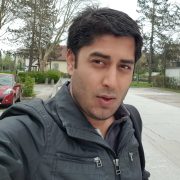
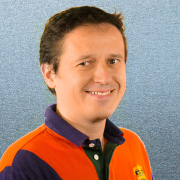
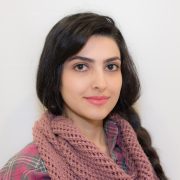


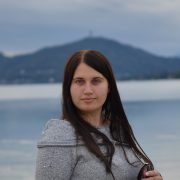

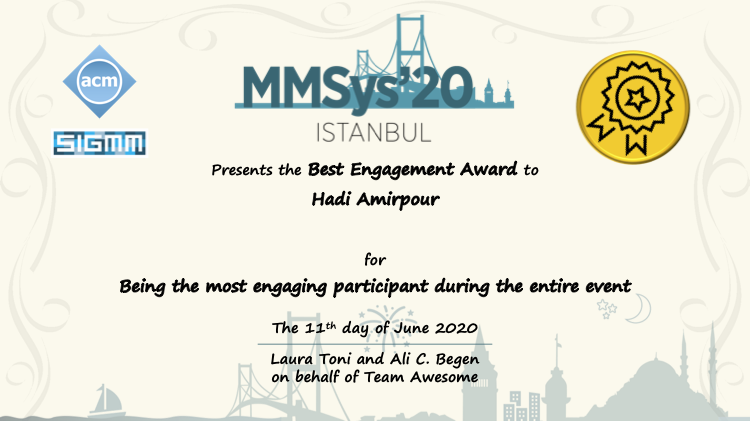 This year’s ACM MMSys was held as a fully virtual/online event and Slido was used for asking questions about keynotes and presentations including offline discussions with presenters. The
This year’s ACM MMSys was held as a fully virtual/online event and Slido was used for asking questions about keynotes and presentations including offline discussions with presenters. The